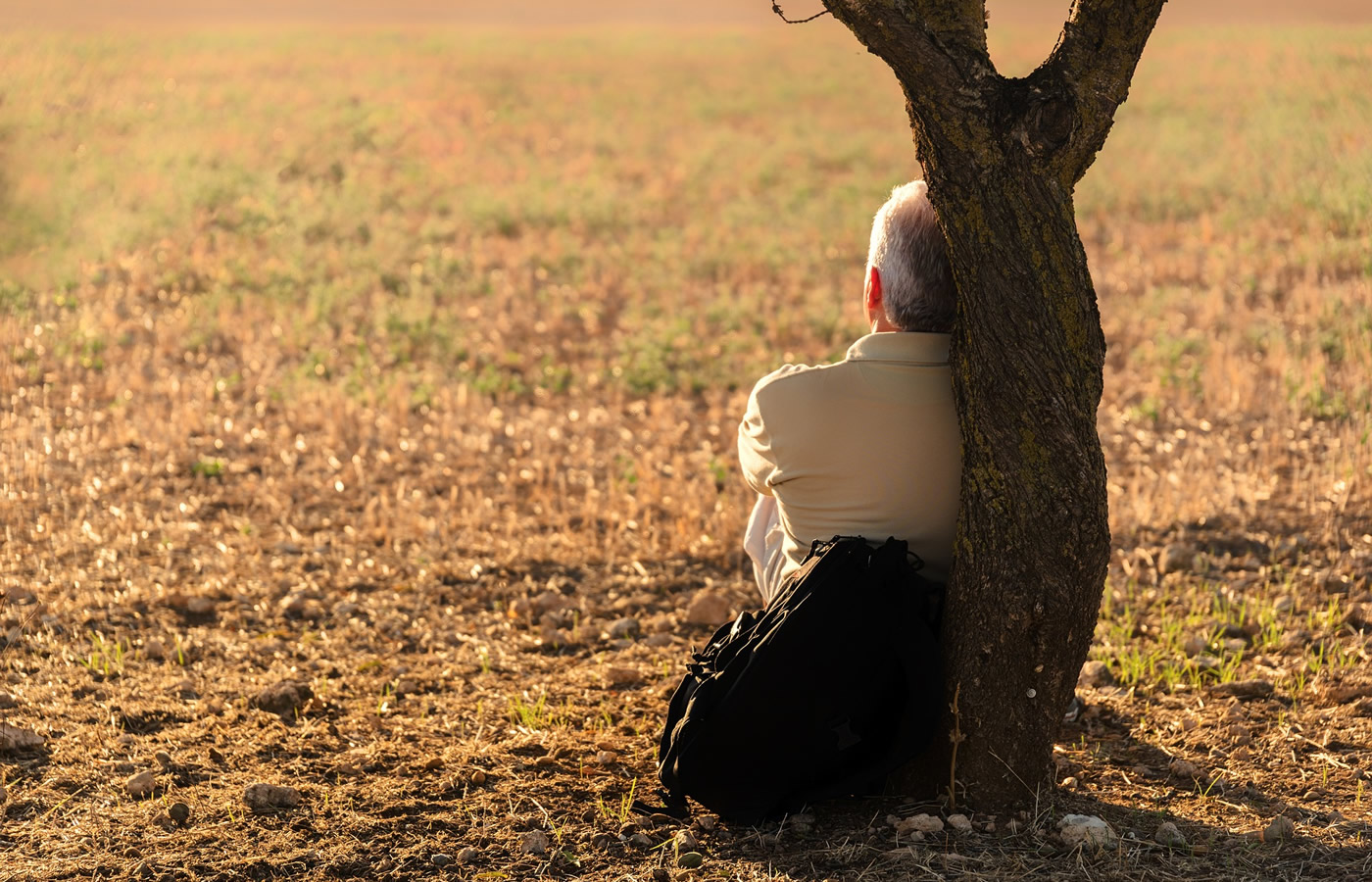This is part 3 in a 4-part series on leading in weakness.
Part 1 – Letting Others Be Strong For Us: From Insecurity to Generosity
Part 2 – When Our Best Isn’t Enough: From Control to Acceptance
Part 4 – From Expectation to Gratitude: The Greatest Poverty of All
When we talk about leading in weakness, one important clarification is that weakness does not mean passivity. The last two posts of this series discuss our limitations, but don’t advocate a lack of engagement. Even when we can’t do what we’d like to help, we can notice and affirm others. In fact, there are many constructive things we can do when we are weak:
When we can’t do all that’s required in a situation, we can point people to other resources and pray for them.
When we can’t respond in the moment or quickly enough, we can follow up later and engage at that point.
We can also apologize and take responsibility moving forward, if it’s appropriate to do so.
But leading in weakness isn’t only for times when we reach our limits, or are exhausted or burnt out. It’s something we can do intentionally as we recognize opportunities to empower others in everyday ways. It’s something we can do as we recognize the platforms and power that we have access to that can serve the people we’re leading. For instance:
Instead of speaking a lot when we meet up with people, we can ask good questions and explore what’s on their mind.
We have the opportunity to help them develop and gain confidence in their voice. We can be a sounding board for them to discover and refine their opinions and approaches in leadership. We can encourage them, and be excited as we see them hone their gifts, strengths, and ideas.
Instead of coming in with a rigid agenda before every meeting or gathering, we can try to “sense the moment” and where people are at, and re-evaluate what is most needed.
As we step back and listen to people and situations, we let them guide us to even greater effectiveness.
Instead of making all the decisions, we can ask others to lead.
We can invest in helping them as they learn to make decisions and facilitate meetings, and we can encourage them in the highs and lows of their journey.
For me, I want “leading in weakness” to be a part of my lifestyle, not just in times of crisis. And I never want it to be about disengaging when things are tough, or delegating because of laziness. It’s not about being passive, but about intentionally seeing weaknesses as opportunities to empower others ‒ and following through in our actions.






[…] 2 – When Our Best Isn’t Enough: From Control to Acceptance Part 3 – From Passivity to Empowerment Part 4 – From Expectation to Gratitude: The Greatest Poverty of […]
[…] 1 – Letting Others Be Strong For Us: From Insecurity to Generosity Part 3 – From Passivity to Empowerment Part 4 – From Expectation to Gratitude: The Greatest Poverty of […]
[…] Part 1 – Letting Others Be Strong For Us: From Insecurity to Generosity Part 2 – When Our Best Isn’t Enough: From Control to Acceptance Part 3 – From Passivity to Empowerment […]